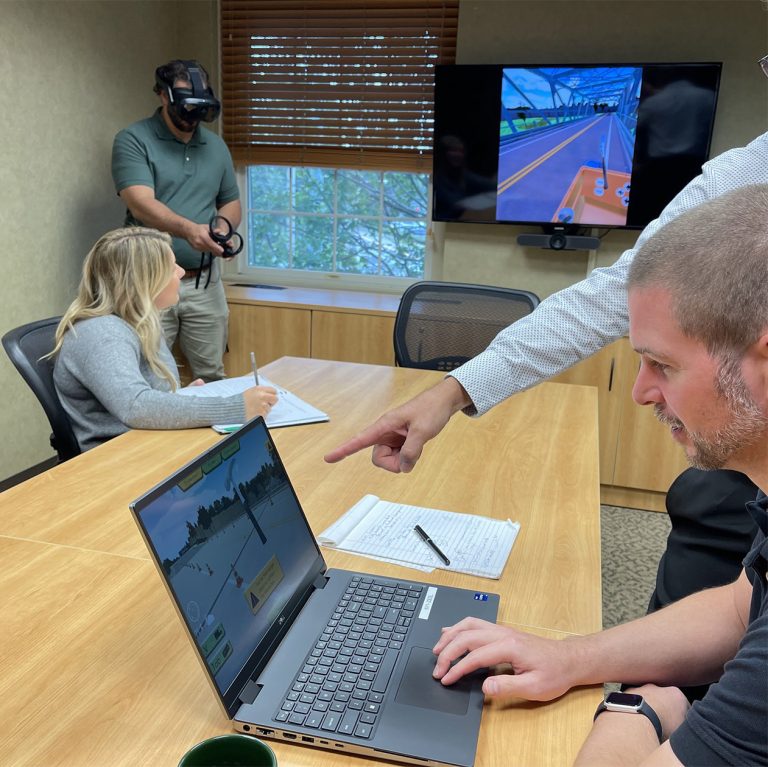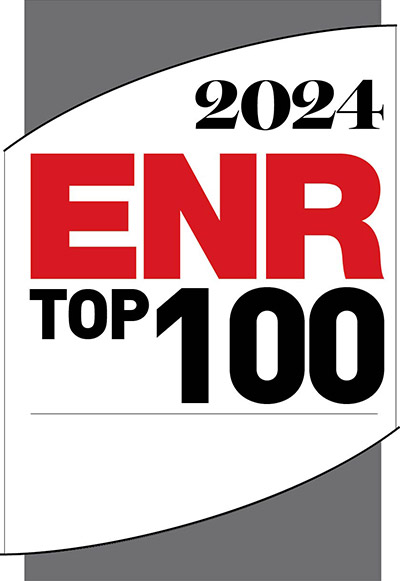
Leveraging innovation to build solutions
Effectively designing improvements to corridors and increasing capacity on roadways to keep these roads functional within communities.
Today, transportation engineers face the challenge of finding a balance between increasing capacity on overcrowded corridors and improving safety while considering the needs of all modes of transportation, including motorists, pedestrians, and bicyclists. Depending on the corridor, it can be challenging to balance these needs. Finding the right balance can be accomplished by assembling a GPI team of professionals who offer a full range of experience, from planning and design to operations and construction implementation. Our engineers blend leading edge technology with years of solid transportation planning and design expertise. From routine safety improvements to complicated capacity problems requiring state-of-the-art solutions, GPI engineers have demonstrated innovation over the years by successfully implementing techniques to enhance transportation infrastructure.

Featured Services

Ranked #55in the Top 100 Pure Design Firms
The ENR (Engineering News-Record) Top 100 Pure Design Firms is an annual ranking of the top firms in the construction and engineering industry. Being recognized as an ENR Top Design Firm signifies a company’s excellence, credibility, and competitiveness within the construction and engineering industry.

